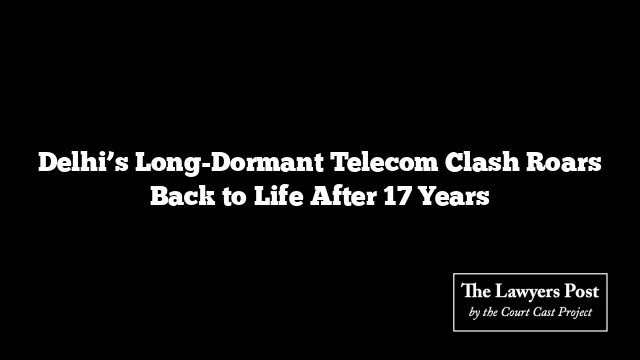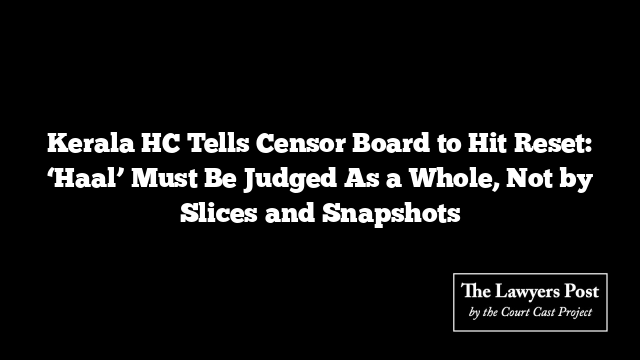Seventeen years after an arbitral tribunal ordered MTNL to cut a hefty cheque to Motorola, the old CDMA-era battle has been jolted awake. The Delhi High Court has wiped the dust off the file and sent the quarrel back for a fresh judicial look—an unexpected revival for a case that began when pagers still had a loyal fan base.
A Division Bench overturned the earlier 2017 ruling that had blessed the arbitral award, pointing out that the judgment never meaningfully grappled with MTNL’s objections. The court’s message was sharp: even under the tight framework of Section 34, a judge cannot simply nod along—each challenge demands a clear, reasoned response.
The saga’s roots stretch back to 1999, when MTNL floated a tender to build a turnkey CDMA network. Motorola won the bid, and soon a trio of purchase orders—PO1, PO2, and PO3—began shaping the rollout of MTNL’s network across its service areas. The arrangement should have been straightforward. It wasn’t.
Arguments piled up over testing protocols, RF coverage, in-building performance, and whether the system delivered what the tender promised. MTNL pointed to gaps and failures; Motorola countered that Qualcomm’s RF tests validated the network and that MTNL had been happily using most of the base stations to earn revenue anyway.
In 2008, the arbitral tribunal sided with Motorola, noting that MTNL never actually rejected the equipment or issued breach notices. The award ordered MTNL to clear dues running into millions—both in dollars and in rupees—with interest fixed at a striking 15% from late 2008. A follow-up award in 2015 directed the release of Motorola’s bank guarantees. MTNL challenged both, only to be turned away in 2017.
But the appellate Bench has now flagged a series of critical gaps. Notably, PO2—unlike the others—had no arbitration clause, and MTNL had long insisted it was a separate, non-arbitrable contract. Yet the arbitral award and the 2017 ruling treated all three purchase orders as one fused arrangement. The High Court found this approach too casual for a dispute hinging on contractual separations.
The steep 15% interest rate was another unresolved issue—the earlier judgment reproduced MTNL’s grievance but offered no ruling on whether the rate was commercially unreasonable.
The absence of judicial reasoning, the Bench held, amounted to a failure to exercise proper jurisdiction.
And with that, the long-silent case has been pushed back into active territory—returned to a single judge to be heard afresh, arguments reopened, and questions finally confronted rather than copied and shelved.
(Representations by legal teams removed as per preference.)





